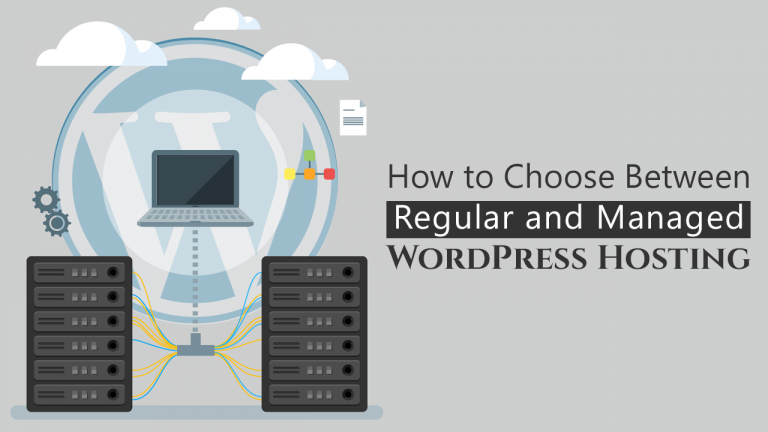WordPress is the most popular content management system (CMS) for websites. Self-hosted sites are frequently based on basic web hosting, regardless of whether they are running a personal blog, portfolio, or even an eCommerce site. Managed WordPress hosting is also available through many hosting providers. In comparison to other…


